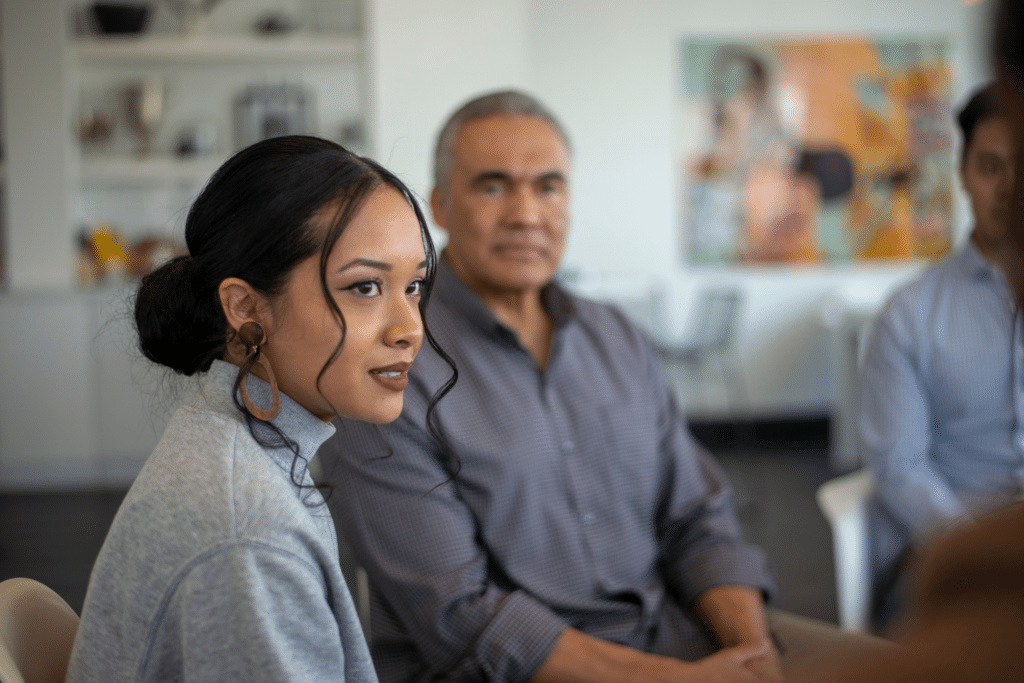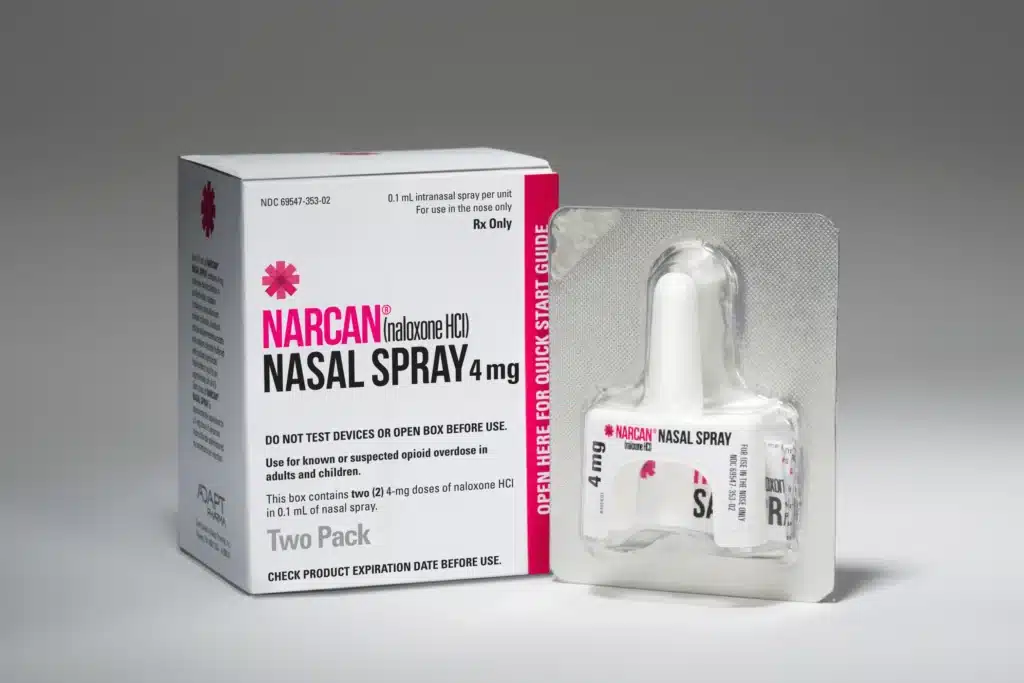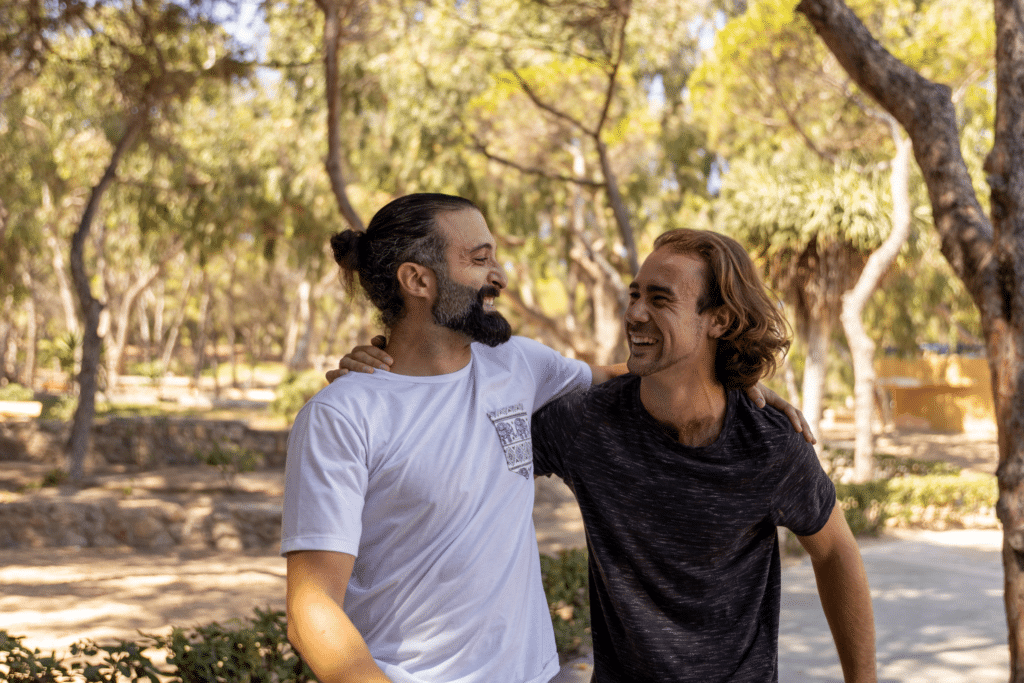Naloxone is a powerful, fast-acting medication that can reverse the effects of an opioid overdose—Learn how naloxone saves lives and how every second counts.
In the ongoing fight against the opioid crisis, naloxone has emerged as one of the most critical tools for emergency overdose intervention. It is carried by first responders, kept on hand in public facilities, and increasingly available to individuals and families impacted by opioid use disorder.
Whether you’re in recovery, supporting someone who is, or part of a community affected by addiction, understanding how naloxone saves lives is essential.
What Is Naloxone?
Naloxone (brand names include Narcan) is an opioid antagonist. This means it attaches to opioid receptors in the brain and blocks or reverses the effects of opioids like heroin, fentanyl, morphine, and prescription painkillers.
Naloxone is not addictive, has no abuse potential, and is safe to administer even if you’re unsure whether someone is overdosing on opioids. Its primary purpose is to restore normal breathing in a person whose breathing has slowed or stopped due to opioid use.
Forms of Naloxone:
- Nasal spray (Narcan): Easy to administer and widely available.
- Injectable form: Typically used by emergency medical professionals.
Recognizing an Opioid Overdose
Quick recognition and response can make the difference between life and death. Common signs of an opioid overdose include:
- Slow, shallow, or stopped breathing
- Blue or grayish lips and fingertips
- Unconsciousness or unresponsiveness
- Snoring or gurgling sounds
- Pale, clammy skin
If you suspect an overdose, call 911 immediately and administer naloxone if available.
How Naloxone Works

Naloxone rapidly displaces opioids from receptors in the brain, temporarily reversing overdose symptoms. It typically takes effect within 2 to 3 minutes and may last 30 to 90 minutes. However, because some opioids—like fentanyl—can outlast naloxone, multiple doses may be needed.
Important Notes:
- Naloxone only works on opioid overdoses.
- It does not substitute for emergency medical care—always call 911.
- After administration, monitor the individual until help arrives.
Why Widespread Naloxone Access Matters
As the opioid crisis continues to impact communities nationwide, access to naloxone is more critical than ever. According to the CDC, bystanders were present in nearly 4 out of 10 overdose deaths—meaning more lives could be saved if naloxone were more widely available.
Benefits of Expanding Naloxone Access:
- Empowers friends, family, and community members to act fast
- Reduces fatal overdoses
- Encourages engagement in treatment and recovery services
Many states now allow naloxone to be dispensed without a personal prescription. Pharmacies, harm reduction organizations, and treatment providers often offer it free or at low cost.
Naloxone and Medication-Assisted Treatment (MAT)

For individuals in medication-assisted treatment (MAT) using medications like buprenorphine or methadone, naloxone offers added protection in the event of a relapse. Having naloxone on hand reinforces safety and supports harm reduction without judgment.
Carrying naloxone is not a sign of failure—it’s a sign of responsibility, self-care, and compassion for others in your recovery circle.
How to Get Naloxone
Naloxone is becoming more accessible every year. Here’s how you can obtain it:
- Local pharmacy: Available in many states without a prescription
- Community health departments or harm reduction programs
- Treatment centers like AppleGate Recovery
- Online programs or mail-based distribution services
If you’re unsure where to find naloxone near you, the SAMHSA locator is a helpful resource.
Help Is Always Available

Naloxone saves lives—but it’s only the beginning. If you or someone you know is struggling with opioid use, compassionate and evidence-based treatment is available.
At AppleGate Recovery, we provide comprehensive support through:
- FDA-approved medications like buprenorphine
- Individualized treatment planning
- Counseling and recovery resources
Reach out today to take the first step. Whether you’re seeking help for yourself or someone you love, we’re here to walk alongside you.

Contact AppleGate Recovery Today
If opioid addiction is impacting your life or the life of someone you care about, reach out to our treatment center. We are here to provide the support and care you need to take the first step toward recovery.
Call 888.488.5337